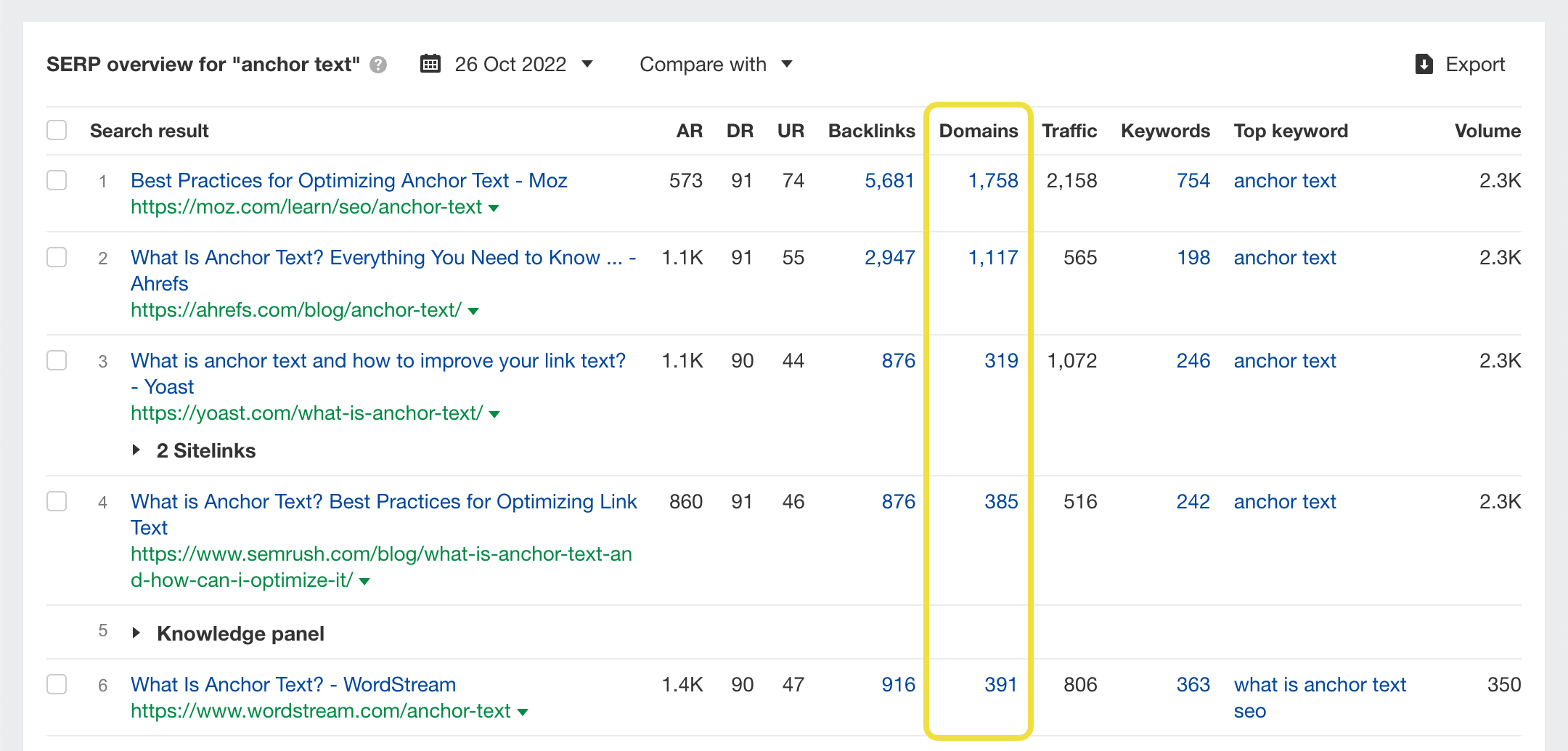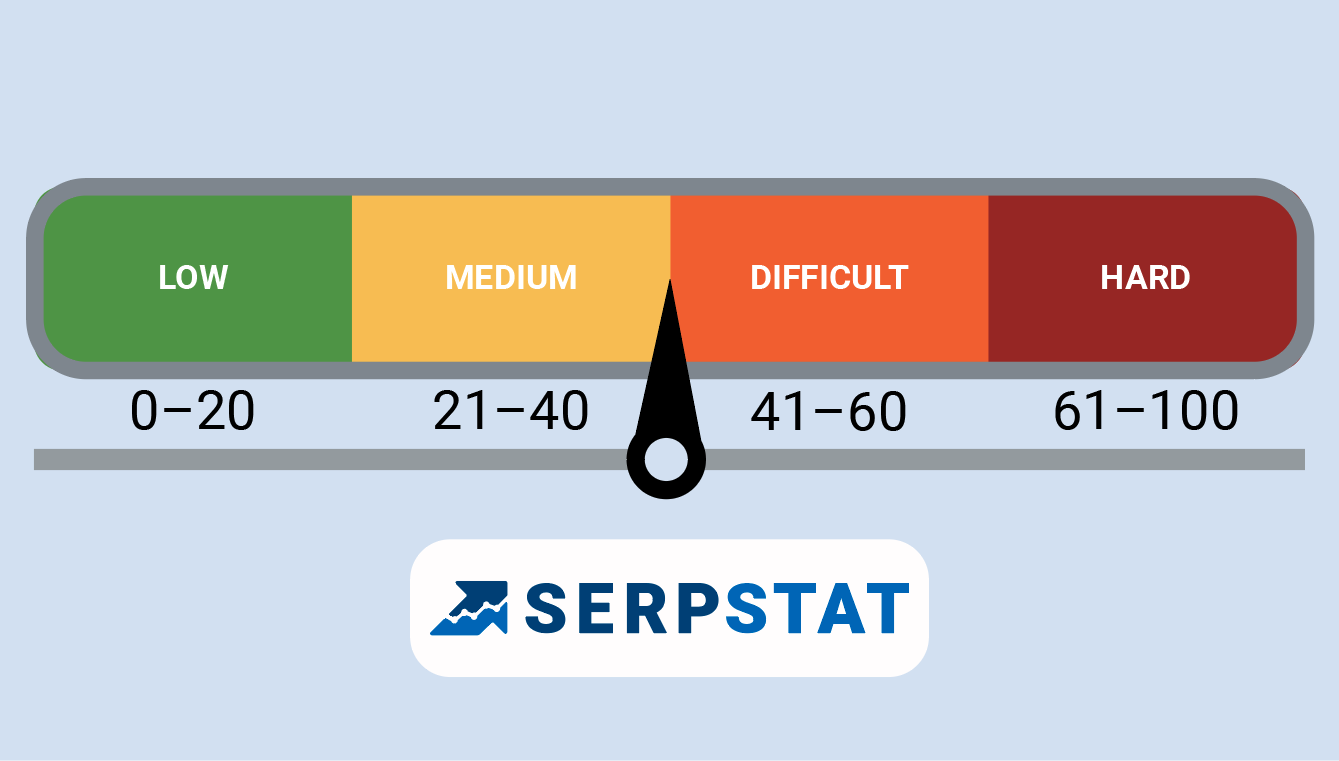Are you struggling to find the right keywords that can actually boost your website’s traffic? Knowing which keywords are easy to rank for can save you time and effort.
That’s where a Keyword Difficulty Checker comes in. It helps you discover how tough it is to compete for specific keywords, so you can focus on the ones that give you the best chance to win. Keep reading, and you’ll learn how to use this powerful tool to improve your SEO strategy and get ahead of your competition.

Credit: ahrefs.com
Keyword Difficulty Basics
Understanding keyword difficulty is key for SEO success. It helps you find out how hard it is to rank for a specific keyword on search engines. This section explains the basics of keyword difficulty and why it is important for your SEO efforts.
What Keyword Difficulty Means
Keyword difficulty shows how tough the competition is for a keyword. A higher score means more websites try to rank for that word. A lower score means fewer sites compete for it. This score helps you choose keywords that match your website’s strength.
Why It Matters For Seo
SEO is about ranking higher than other sites. Keyword difficulty tells you where to focus your efforts. Easy keywords can bring quick traffic. Difficult keywords need more work and time. Knowing difficulty helps you plan better and use your resources wisely.
Tools For Keyword Difficulty
Choosing the right keywords is key for better website traffic. Tools for keyword difficulty help you find how hard it is to rank for specific words. These tools save time and guide your SEO efforts. They show which keywords are easy to target and which need more work.
Popular Keyword Difficulty Checkers
Many tools help check keyword difficulty. SEMrush is one of the top options. It gives detailed reports on competition and search volume. Ahrefs is popular for its accurate difficulty scores and backlink data. Moz Pro offers keyword difficulty analysis with user-friendly features. Ubersuggest is good for beginners and shows keyword difficulty clearly. Each tool has unique features to suit different needs.
Free Vs Paid Options
Free tools offer basic keyword difficulty checks. They are good for beginners or small projects. Paid tools provide more data and deeper analysis. They update results frequently and include extra SEO features. Paid options suit professionals and larger websites. Choosing between free and paid depends on budget and SEO goals.
How To Analyze Keyword Difficulty
Analyzing keyword difficulty helps you choose the best words for your content. It shows how hard it is to rank high on search engines. This process guides you to focus on keywords that bring good traffic without too much effort. Let’s explore key steps to analyze keyword difficulty effectively.
Evaluating Competition
Check how many websites use the keyword. Look at the top results on search engines. Notice if big brands or popular sites appear there. Strong competition means it will be hard to rank for that keyword. Choose keywords with fewer strong competitors for better chances.
Assessing Search Volume
Search volume shows how often people look for a keyword. High volume means many users want that topic. Low volume means fewer searches. Select keywords with good search volume to attract visitors. Balance volume with competition for best results.
Considering Domain Authority
Domain authority measures how trusted a website is. Sites with high domain authority rank easier for tough keywords. Check your site’s authority compared to competitors. Pick keywords that match your domain strength. This saves time and improves ranking chances.

Credit: ahrefs.com
Strategies To Boost Seo
Improving your SEO needs clear strategies. Using a Keyword Difficulty Checker helps find the best keywords. Choosing the right keywords makes your content easier to rank. Here are simple ways to boost your SEO using keyword difficulty insights.
Targeting Low-difficulty Keywords
Focus on keywords with low difficulty scores. These keywords face less competition from other websites. Ranking for them is faster and easier. This approach brings steady traffic to your site. Start with low-difficulty keywords to build your site’s authority.
Balancing Difficulty And Volume
Pick keywords that have a good balance of difficulty and search volume. High-volume keywords bring more visitors but are hard to rank. Low-volume keywords are easy but bring fewer visitors. Choose keywords with moderate difficulty and decent volume. This balance improves your chances of ranking and gaining traffic.
Using Long-tail Keywords
Long-tail keywords have more words and less competition. They attract visitors who search for specific information. These keywords often have lower difficulty scores. Using long-tail keywords helps target niche audiences. This strategy increases your chances of ranking higher quickly.
Common Mistakes To Avoid
Using a Keyword Difficulty Checker can help you plan your SEO better. Many make mistakes that waste time and effort. Avoiding these errors improves your chance to rank well in search engines. Here are some common mistakes to watch out for.
Ignoring Keyword Difficulty
Some ignore keyword difficulty scores. They pick keywords that are too hard to rank for. This leads to frustration and poor results. Use difficulty scores to choose keywords you can realistically target. Balance effort and reward for better success.
Focusing Solely On High Volume
High search volume looks attractive but can be misleading. Many try to rank for popular keywords only. These keywords often have fierce competition. Select keywords with moderate volume and lower difficulty. This strategy often brings quicker traffic growth.
Overlooking Competitor Analysis
Ignoring competitors is a common mistake. Know who ranks for your chosen keywords. Study their content, backlinks, and site strength. This information helps you find gaps and opportunities. Competitor analysis guides smarter keyword choices and better SEO.

Credit: serpstat.com
Improving Analysis Efficiency
Improving analysis efficiency is key to saving time and effort in SEO tasks. A Keyword Difficulty Checker helps by giving quick, clear results. It guides you to find keywords that are easier to rank for. This lets you focus on the best opportunities without wasting resources.
Batch Keyword Checking
Batch keyword checking lets you analyze many keywords at once. It saves time by avoiding one-by-one searches. You get a full list of keyword difficulties quickly. This feature helps prioritize keywords based on difficulty. It makes planning your SEO strategy faster and smarter.
Integrating With Other Seo Tools
Integration with other SEO tools improves workflow and data use. You can combine keyword difficulty data with traffic and backlink info. This creates a full picture of your SEO health. It helps make better decisions and track progress easily. Using multiple tools together saves effort and boosts results.
Frequently Asked Questions
What Is A Keyword Difficulty Checker Tool?
A Keyword Difficulty Checker measures how hard it is to rank for a keyword. It analyzes competition, search volume, and authority. This helps marketers choose achievable keywords for SEO success.
How Does Keyword Difficulty Impact Seo Strategy?
Higher keyword difficulty means tougher competition to rank. It requires stronger content and backlinks. Lower difficulty keywords offer easier ranking chances and faster traffic growth.
Can I Use Free Keyword Difficulty Checker Tools?
Yes, many free tools offer basic difficulty scores. They provide useful insights but may lack advanced features. Paid tools give more accurate and detailed analysis.
Why Is Keyword Difficulty Important For Content Planning?
Keyword difficulty guides topic selection based on ranking chances. It helps prioritize keywords that fit your website’s authority. This improves content efficiency and organic traffic results.
Conclusion
A keyword difficulty checker helps you choose the best keywords. It shows which keywords are easy or hard to rank for. This saves time and effort in your SEO work. Use this tool to focus on words with good chances.
Keep checking regularly as competition can change. Simple steps like these improve your website’s search results. Stay patient and consistent with your keyword research. Success comes from smart choices and steady work.

